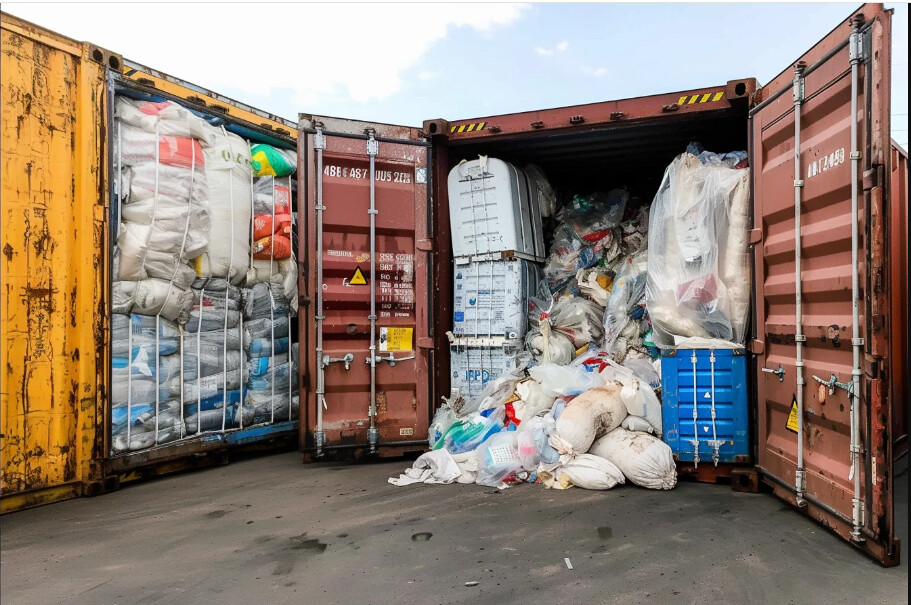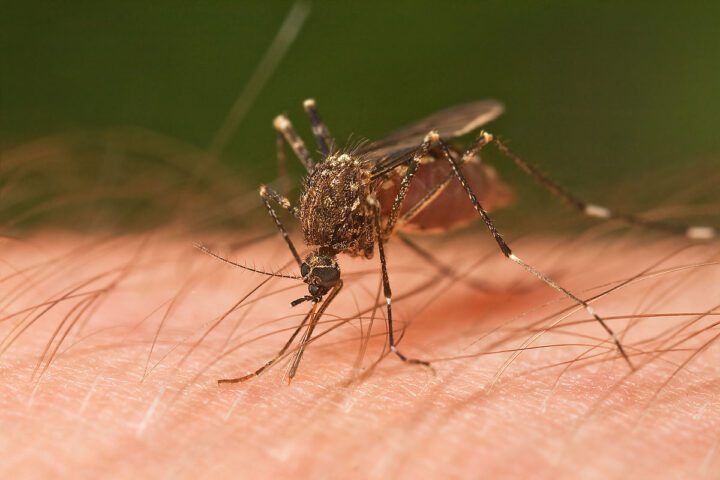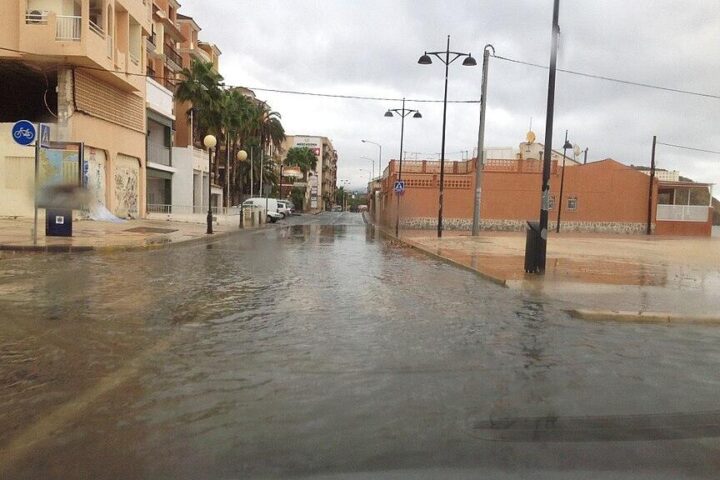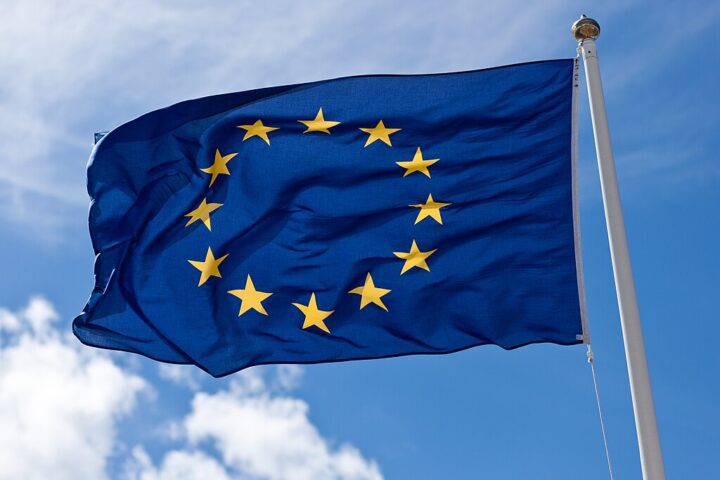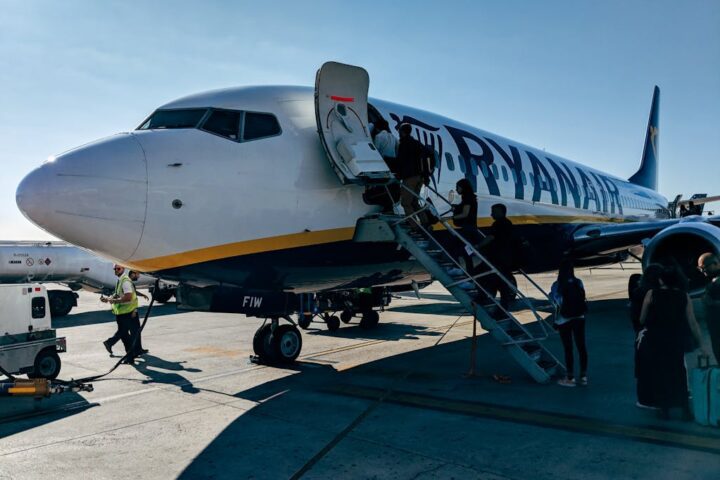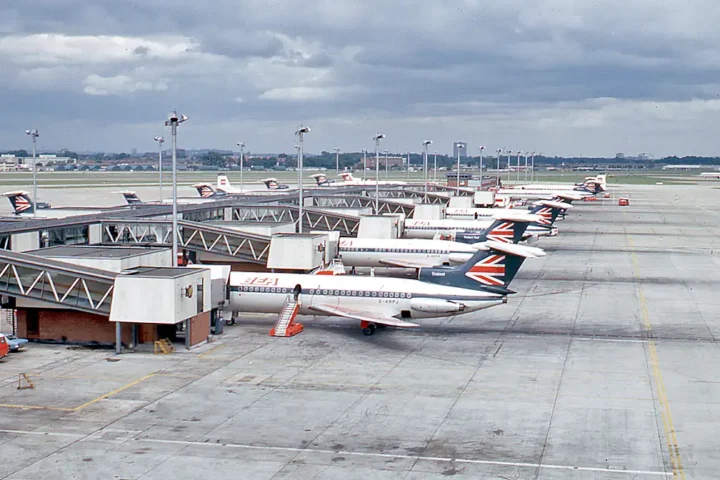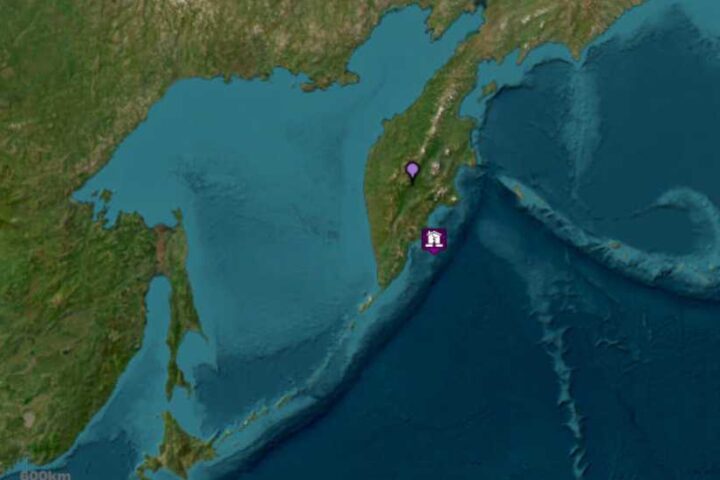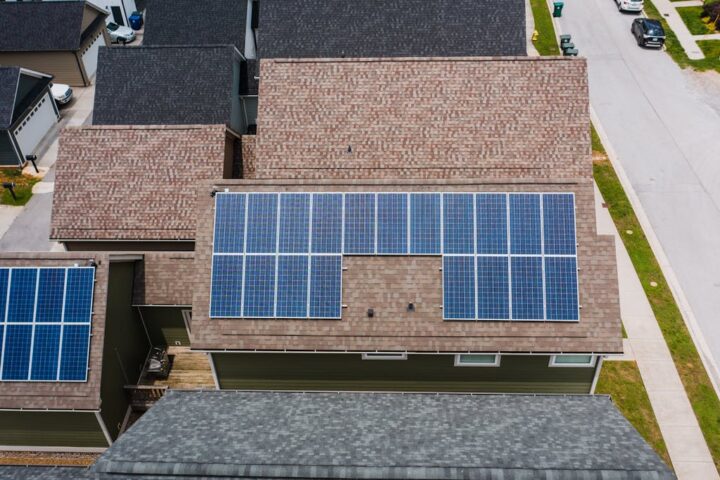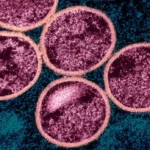The 27 member states of the European Union (EU) gave their final green light this Monday to the update of the European regulation on transboundary waste shipments to ensure that these are only sent to countries where they are treated properly and to prohibit exports for disposal to third countries.
The goal is to ensure that international waste shipments do not pose a threat to human health and the environment, as well as to upgrade, smothen and digitize procedures for shipments within the EU and promote the transport of waste intended for recycling.
The regulation prohibits shipments of all waste intended for disposal within the EU, except when agreed upon and authorized according to the procedure of notification and prior written consent (PIC), which requires exporters to notify and receive written confirmation from the countries of origin, destination, and transit before export.
“The new regulation on waste shipments will ensure that when the EU exports waste, this waste arrives at destinations where it can be managed sustainably and support a clean and circular economy,” said Virginijus Sinkevičius, Commissioner for Environment, Oceans and Fisheries.
Similar Post
Shipments within the EU of waste for recovery operations that fall into the “green list” category will continue to be allowed through the less stringent procedure established in the general information requirements.
The text maintains the prohibition of member states exporting waste for disposal to third countries and sending hazardous waste intended for recovery to non-OECD (Organisation for Economic Co-operation and Development) countries.
The revised regulation also introduces a ban on exports of non-hazardous plastic waste to non-OECD countries, which may, after a certain period, declare their willingness to import plastic waste from the EU if they comply with strict waste management standards, although the Commission must positively evaluate their application before the ban can be lifted.
Monday’s vote in the Council concludes the adoption procedure, approving the text previously agreed with the European Parliament on November 17, 2023. The regulation will now be signed by the co-legislators and published in the Official Journal of the EU to come into effect 20 days after its publication.
The new regulation is an important part of the green transition in which waste will more and more be turned into valuable resources. It will make shipments smoother, easier and digital, facilitating the growth of the recycling industry and reducing pollution from bad management and illegal trafficking of waste,” concluded Sinkevičius.
